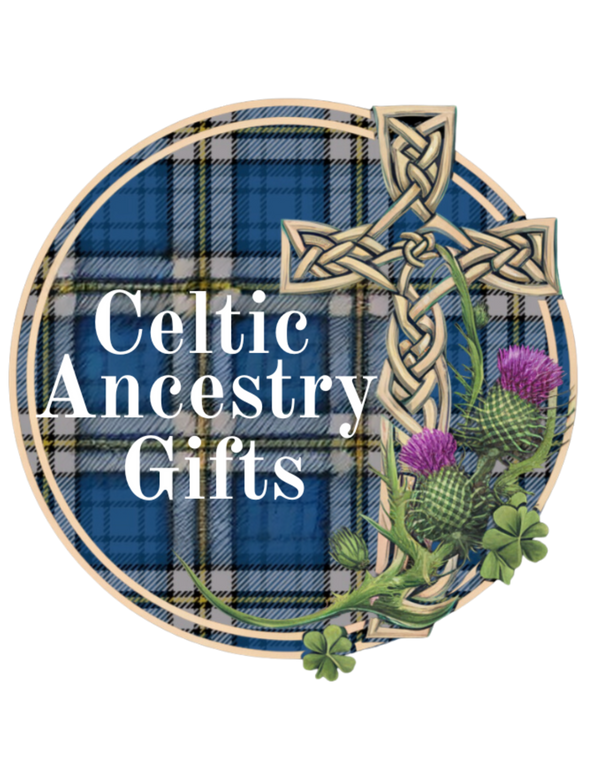
The Treaty of Ripon – When Scotland’s Clans and Crowns Chose Peace
Share
Introduction
Scotland’s history is filled with fierce battles and proud victories — but some of its most defining moments came not from war, but from peace. One such turning point was the Treaty of Ripon, signed on 26 October 1640, which brought an end to the Second Bishops’ War.
This truce didn’t just stop the fighting between King Charles I and the Scottish Covenanters — it reshaped the political landscape of Britain and laid the groundwork for the turbulent English Civil War that followed. For Scottish clans and families, it was a time that tested loyalty, faith, and the enduring strength of identity.
The Road to Ripon
The conflict began when King Charles I tried to impose English-style religious reforms upon Scotland, including a new prayer book that many Scots saw as an attack on their Presbyterian faith. This move sparked outrage and led to the formation of the National Covenant of 1638, a powerful declaration of Scotland’s right to religious independence.
By 1640, tension had escalated into open war. The Scottish Covenanters, led by General Alexander Leslie, crossed into England and quickly defeated royalist forces at Newburn-on-Tyne. Facing mounting pressure and dwindling funds, Charles I had little choice but to negotiate.
The two sides met in Ripon, Yorkshire, to discuss terms — and on 26 October 1640, the Treaty of Ripon was signed.
What the Treaty of Ripon Achieved
The treaty was more than a simple ceasefire — it was a political earthquake. Here’s what it established:
-
⚖️ A cessation of hostilities: Both armies agreed to end fighting immediately.
-
💰 An English payment to Scotland: Charles I was forced to pay the Scottish army £850 a day to maintain order while peace terms were finalized — an enormous financial burden.
-
🏰 Occupation of Northern England: The Scottish army was allowed to hold parts of northern England, including Newcastle, until a permanent settlement was reached.
-
📜 The promise of Parliament: To meet these payments, Charles had to recall the English Parliament, which would later spark the Long Parliament and the eventual English Civil War.
The treaty marked a rare moment where Scotland negotiated from a position of strength, forcing the Crown to recognize its autonomy and its people’s right to self-determination in matters of faith and governance.
The Spirit of the Covenanters
The men and women who stood behind the Covenant were not just political rebels — they were families united by faith, community, and clan loyalty. Their stand at this time reminds us of the Scottish belief that heritage and conscience matter more than crowns or gold.
Many clans — including Campbell, Douglas, Leslie, and Gordon — found themselves divided, some supporting the Covenant, others remaining loyal to the King. Yet through that division, Scotland emerged with a renewed sense of national unity rooted in identity and conviction.
Legacy and Historical Significance
The Treaty of Ripon was a temporary peace, but its consequences echoed across Britain for generations. It directly led to the recall of Parliament, which confronted Charles I, stripped away his authority, and ultimately led to the wars that changed the monarchy forever.
For Scotland, the treaty reinforced the principle that the nation could stand as an equal power — not just a northern province under English control. It was a proud moment that symbolized Scotland’s ability to influence the course of British history through courage, negotiation, and collective strength.
Fun Fact 🏰
The Scottish soldiers stationed in Newcastle under the treaty’s terms were so disciplined and well-behaved that English citizens wrote letters praising their conduct — a stark contrast to the usual reputation of occupying forces!
It’s a small but powerful reminder that Scottish honour and discipline left an impression far beyond the battlefield.
What the Treaty of Ripon Means for Us Today
Centuries later, the spirit of the Treaty of Ripon still resonates. It teaches us that heritage is not only built on victories in war but also on the courage to choose peace when honour demands it.
At Celtic Ancestry Gifts, we celebrate that legacy through every crest, tartan, and symbol of Scottish pride — connecting families around the world to the values that shaped our ancestors: faith, loyalty, and unity.
So this 26 October, take a moment to reflect on the Treaty of Ripon — and the remarkable strength it took for Scotland’s clans to stand tall, not just in battle, but in peace.
Explore Your Clan Heritage
✨ Choose Any Clan — Display Your Heritage Proudly! ✨
Search your clan name on our homepage to discover beautifully crafted Scottish clan apparel, home décor, and keepsakes.

